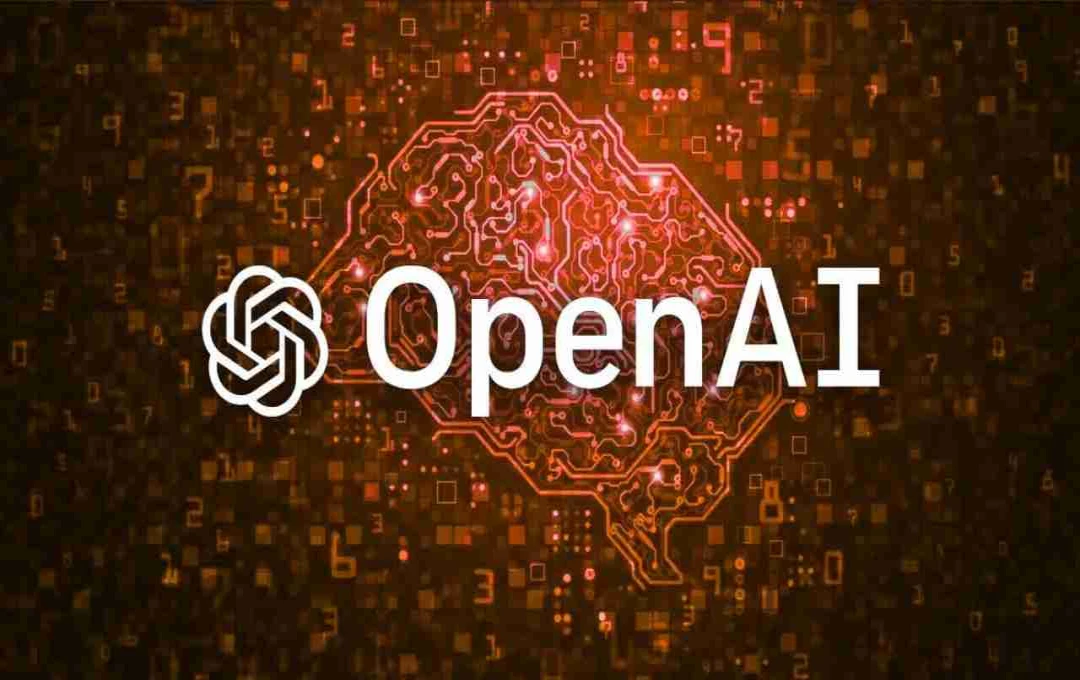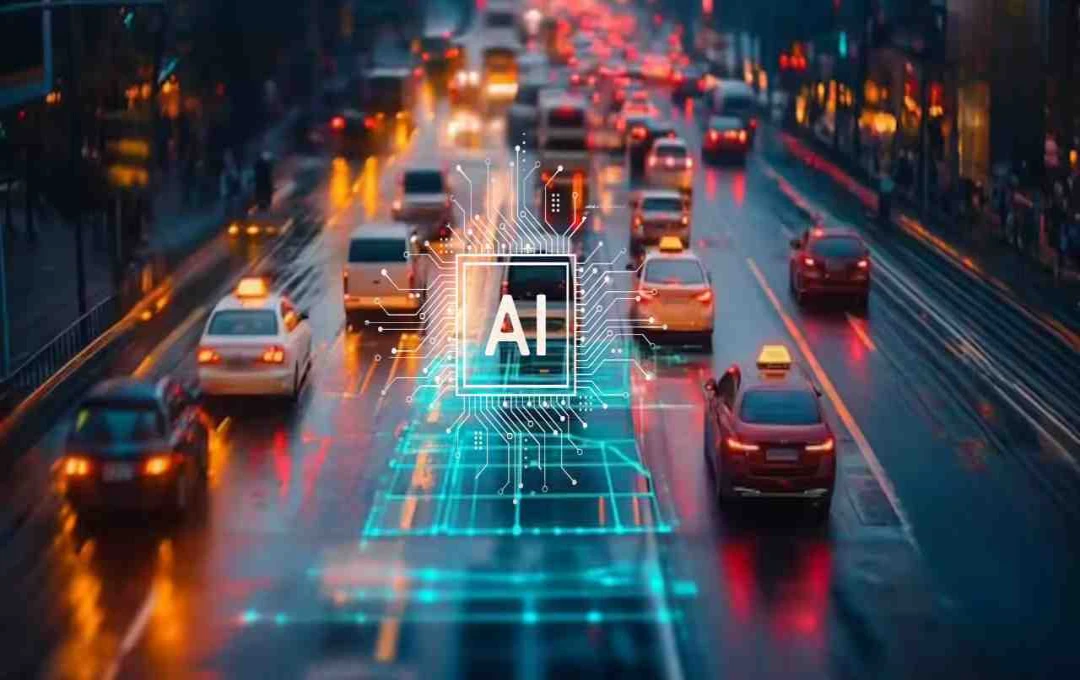OpenAI is reportedly set to launch an AI-powered web browser soon, poised to rival Chrome and Perplexity. It will feature an AI agent called ‘Operator’ to handle complex tasks for users, such as web browsing, research, and email responses.
OpenAI: No longer just a chatbot company, OpenAI is taking a step that could revolutionize the tech world after the resounding success of ChatGPT — an AI-powered web browser. This browser will directly compete with Google Chrome and Perplexity's Comet browser. With a large portion of the world's population now using web browsers for work, study, and entertainment, an AI-assisted browser could become a major game-changer.
What will be special about OpenAI's browser?
OpenAI's browser is being designed with the intention of completely transforming the general browsing experience. According to reports, it will feature an AI agent called 'Operator' that will browse web pages for you, search for necessary information, and even prepare email responses for you.
Its goal is to automate routine and complex tasks on behalf of users, allowing users to focus on making critical decisions. For example:
- Need to do research? Operator will find content, create summaries, and even filter sites if needed.
- Want to shop? This browser will suggest options based on your budget, preferences, and needs.
- This AI can even handle documentation, reporting, or email responses.
Final Preparations Before Launch
The browser is expected to launch in the coming weeks. While OpenAI has not yet announced an official launch date, several tech websites and leaks indicate that an internal testing program is underway and the UI is almost finalized. It is also reported that the browser will be available for both macOS and Windows, and will include ChatGPT's GPT-4o model built-in.
Why might Google Chrome be worried?

Google Chrome was once the lightest and fastest browser, but it is now being criticized for issues such as RAM consumption and data tracking. OpenAI's browser will be based on three b pillars: privacy-first, low resource consumption, and smart decision-making, keeping these shortcomings in mind.
Its AI features may also challenge Chrome's extension model, as users will have integrated AI tools instead of extensions, including:
- Auto-summarization
- Auto-payment and form filling
- AI-powered notes
- Intelligent tab sorting
- Smart recommendations for dark mode and visual themes
Who is in the competition?

1. Google Chrome
Still at the top in market share, but slow in AI integration. Recently, efforts to integrate Gemini have begun.
2. Microsoft Edge
Edge already has Bing AI integrated. With the new WebUI 2.0 interface, Microsoft claims that page loading is 40% faster. Features such as Read Aloud and Split Screen also make it useful.
3. Perplexity's Comet Browser
Perplexity is a new name in AI-powered browsing, but OpenAI's brand value and ChatGPT's popularity could give it b competition.
What will change for users?
OpenAI's browser will not just be a tool, but will mark the beginning of an AI assistant-friendly digital ecosystem.
- Students will be able to use it for project research, note-taking, and language translation.
- Office professionals will be able to quickly handle tasks such as emails, reports, and client research through it.
- Creators and developers will be able to save time and increase productivity with its AI assistance.
What will be the impact on privacy and data security?
This time, OpenAI is talking about using user data with transparency and consent. That means – users can delete data whenever they want, or choose not to include their browsing history in AI training. This will give OpenAI data to make AI smarter, and users will get a secure experience.















